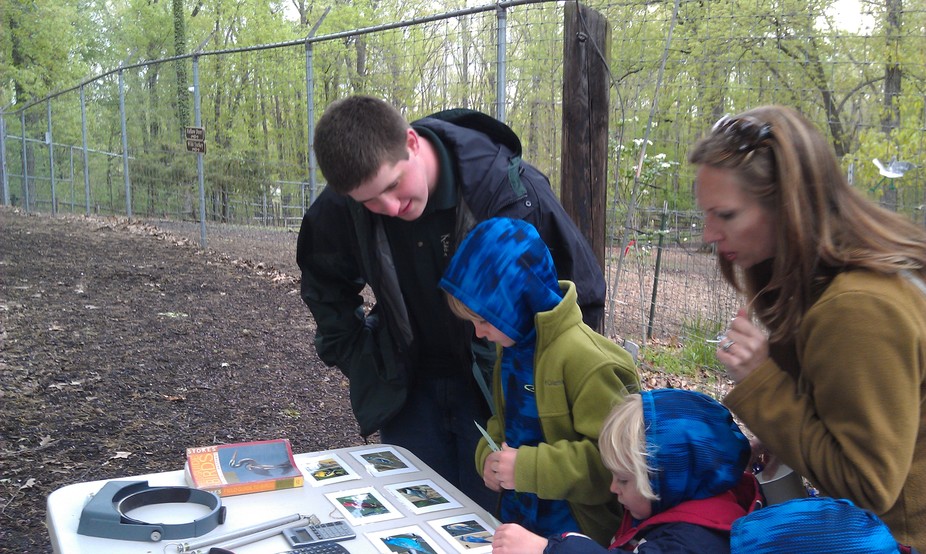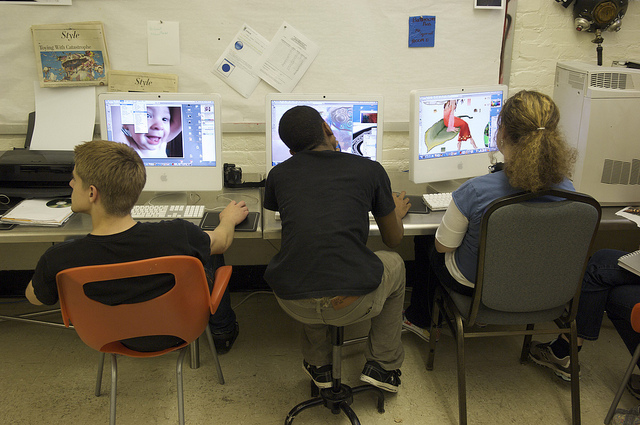Are lectures a good way to learn?

Phillip Dawson, Monash University
Imagine a future where university enrolment paperwork is accompanied by the statement: Warning: lectures may stunt your academic performance and increase risk of failure.
Researchers from the United States have just published an exhaustive review and their findings support that warning. They read every available research study comparing traditional lectures with active learning in science, engineering and mathematics. Traditional lecture-based courses are correlated with significantly poorer performance in terms of failure rates and marks.
The study’s authors boldly compare our new awareness of the harm done by lectures to the harms of smoking. Their article – they claim – is the equivalent of the 1964 Surgeon-General’s report that led to legislated warnings about smoking in the United States. The renowned physics education researcher Eric Mazur has described continuing with lectures in the face of this new evidence as “almost unethical”.
This paper is so important because it combines 225 individual research studies through a technique called meta-analysis. So although individual studies published over the past 70 years may have occasionally found lectures to be better, we now know that the collective evidence is in support of active approaches.
So what’s the alternative?
Rather than the perfect lecturer performance or PowerPoints, active approaches privilege “what the student does”. Courses built around active learning require students to spend class time engaged in meaningful tasks that lead to learning. These tasks might be online or face-to-face; solo or in a group; theoretical or applied. Most of our popular learning and teaching buzzwords at the moment are active approaches: peer instruction, problem-based learning, and flipping the classroom are all focused on students spending precious class time doing, not listening.
This new study confirms a significant difference in student achievement and failure rates between lectures and active learning. A hypothetical average student would move up to the top third of the class if allowed to participate in active learning instead of lectures. The difference in failure rates was large too: students in lecture courses were 1.5 times more likely to fail than active learning students. Active learning was better than lectures for all class sizes and all of the science, engineering and mathematics fields they considered.
But active learning as defined in this study is such a broad term. If your lecturer pauses to get you to solve a problem in a group, or asks you to explain a concept to the person sitting next to you, that is active learning. Worksheets, workshops or other activities taking up at least 10% of class time was enough to get a class labelled “active”.
Rather than a call to abandon lectures, this study is important evidence that we need to improve them. We now know beyond all reasonable doubt that talking at students non-stop for an hour or two is a bad idea. But we knew that already, didn’t we?
Sadly, the study authors calculate that in their dataset of 29,300 students, there were 3,516 students who failed but would not have failed if they were in an active class. They go on to muse that if those studies were conducted by medical researchers they would have stopped the experiments for ethical reasons, as denying the students access to active classes was harmful.
So perhaps the warning label should read:
Warning: bad lectures may stunt your academic performance and increase risk of failure.
What makes a good lecture?
In What’s the Use of Lectures, Donald Bligh notes: “One of the most common mistakes by lecturers is to use the lecture method at all”.
Bligh’s review of the research found that aside from transmitting information to students, lectures were not good for much at all. Lectures should not be a default teaching approach, but should instead be used in a targeted way when they suit the specific goals of the class. For other goals, such as teaching ethics, provoking thought, or developing practical skills, more active approaches work better than lectures.
There is some debate about the ideal length of lectures, with claims that student attention diminishes after 10 or 15 minutes, however the evidence behind these claims is thin. This doesn’t, however, give us permission to waffle on: unnecessary-but-interesting details can hurt learning, and so can excessive quantitative information.
![]()
Phillip Dawson, Lecturer in Learning and Teaching, Monash University
This article was originally published on The Conversation. Read the original article.





